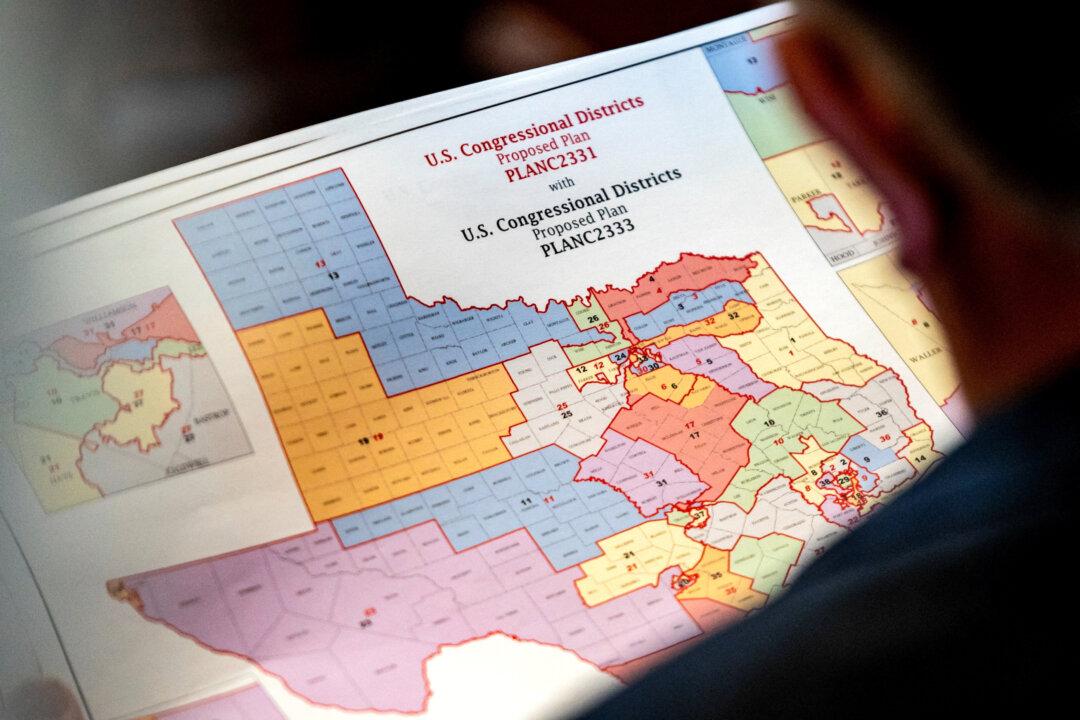Republicans in Kentucky are pushing to obtain correspondence from Democrat Gov. Andy Beshear and his inner circle regarding school closures at the height of the pandemic. A ruling this week by the Kentucky Attorney General’s office stated that Beshear’s office violated the Open Records Act when it denied certain documents requested by the state’s GOP.
The original request, made by the state’s Republican Party of Kentucky’s Communications Director Sean Southard, was made in December 2022, according to records released by the party on their website. A dozen Republican candidates are seeking to unseat Beshear as he seeks his second term in this year’s elections.





